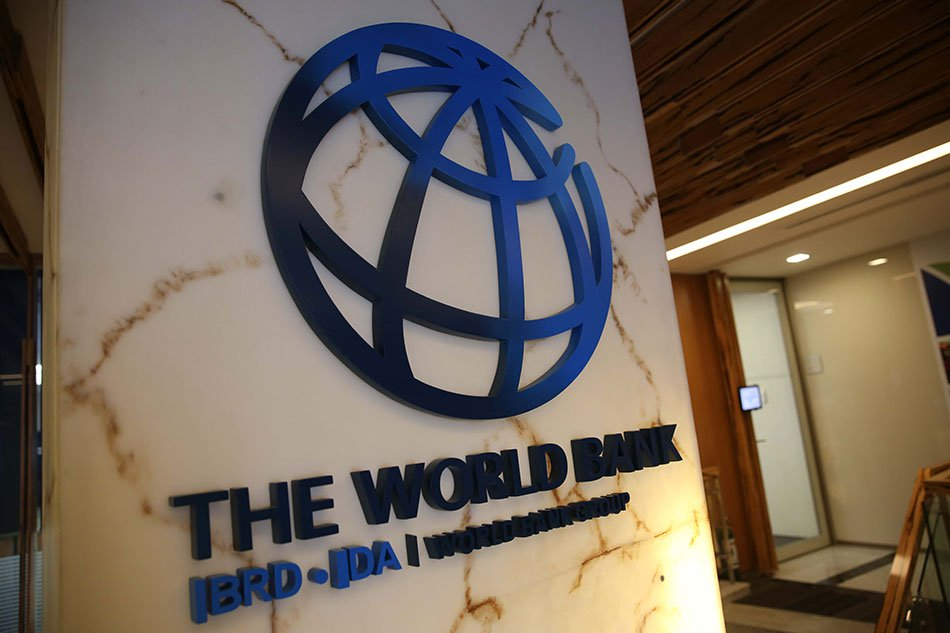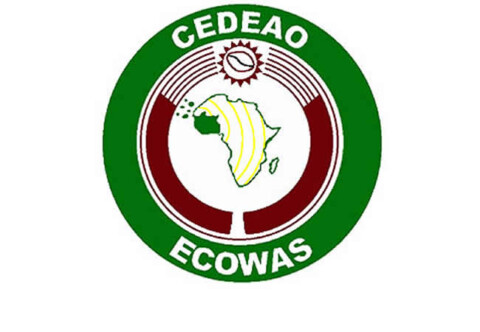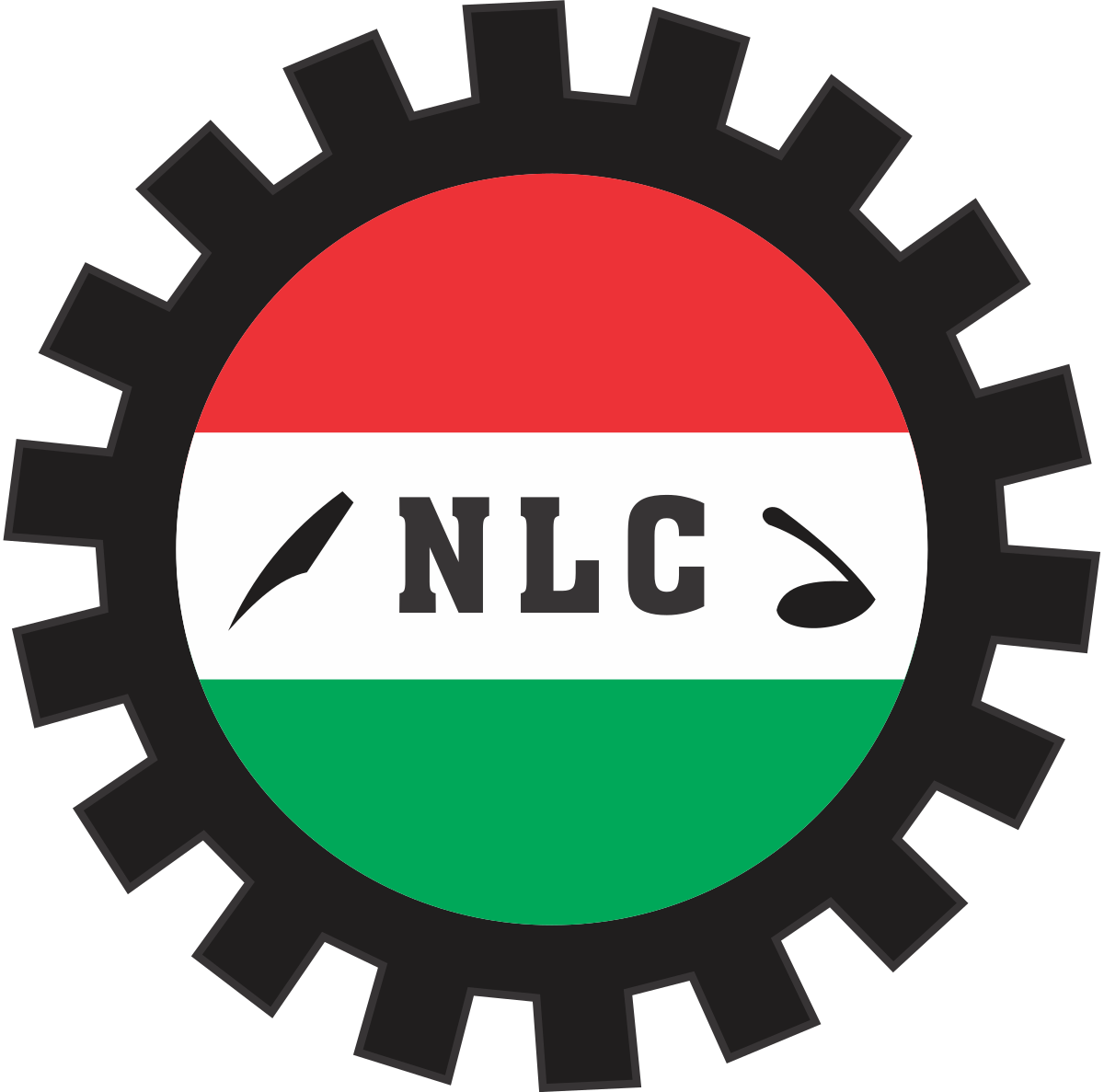The World Bank is working to improve education in Nigeria by starting a program that uses Generative Artificial Intelligence (AI) tools. This project, which started in Edo State, aims to use AI to make learning better for students in an area that needs educational help.
Generative AI refers to technology that can create new content, such as text, images, videos, and music, mimicking human intelligence. This program is part of the World Bank’s Education for Global Development initiative, where 800 first-year senior secondary students participated in after-school English classes held twice a week in computer labs. The sessions took place from June to July 2024, allowing students to engage with Microsoft Copilot, an AI tool powered by ChatGPT, to master various topics in grammar and writing.
Each class began with a teacher introducing the week’s topic, followed by students interacting with the AI tool. The teachers acted as guides, facilitating the learning process by suggesting prompts and encouraging students to explore the AI’s capabilities. They also led reflection exercises to help students consolidate their understanding of the material covered.
The World Bank blog highlights that generative AI offers a unique opportunity to achieve personalized tutoring for students. Unlike traditional AI, which focuses on pattern recognition, generative AI can produce new, human-like content tailored to individual learning needs. This characteristic makes it particularly beneficial in educational settings, especially in resource-limited environments like Nigeria.
While AI has the potential to improve learning, the blog highlights some challenges. Many current AI programs are made for developed countries and can be expensive. In contrast, the program in Edo State is affordable and tailored to the needs of Nigerian students, making it easier to set up and expand.
The lessons learned from this pilot program provide valuable insights into the future of AI in education. To ensure success, the program requires active involvement from educators, adequate infrastructure, and ongoing monitoring and evaluation. The World Bank emphasizes that measuring the impact of this initiative is crucial before considering a wider rollout.
Overall, this pioneering effort in Edo State demonstrates the World Bank’s commitment to leveraging technology to improve education in Nigeria, paving the way for more innovative solutions in the future.





